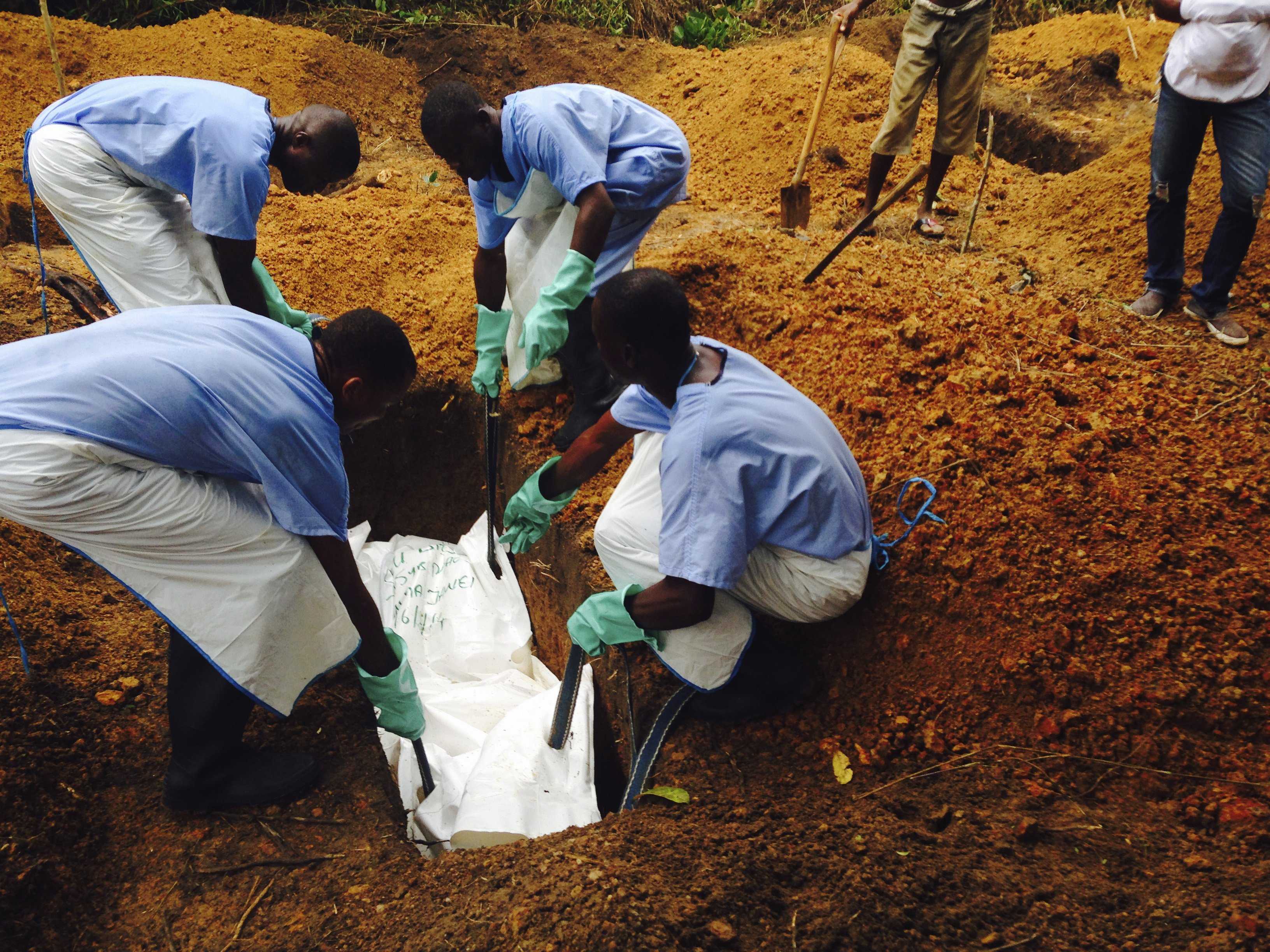
Fear is rapidly spreading throughout West Africa as reports surface that the deadly Ebola virus may infect more than 20,000 people in four countries before the outbreak is brought under control, the World Health Organization says in a report out Thursday.
USA Today reports that the foreboding assessment is recorded in a 27-page document outlining a "road map" to end the outbreak, which will take six to nine months and a staggering $490 million.
WHO also released the latest official toll of the outbreak: 3,069 cases and 1,552 deaths in Guinea, Liberia, Nigeria, and Sierra Leone. The overall death rate is 52%. More than 40% of the cases have occurred in the past three weeks, the agency says.
Sadly, those numbers may be higher than estimated: "in many areas of intense transmission the actual number of cases may be two-to-four-fold higher than that currently reported," WHO says in the report.
U.S. officials and drugmaker GlaxoSmithKline have announced the first safety trial of an Ebola vaccine, which they hope will be effective in fighting the virus. Thus far, there is no known cure for Ebola.
"There is an urgent need for a protective Ebola vaccine," National Institute of Allergy and Infectious Diseases director Anthony Fauci said in a press release. But, he added, "Today we know the best way to prevent the spread of Ebola infection is through public health measures, including good infection control practices, isolation, contact tracing, quarantine, and provision of personal protective equipment."
However, WHO also says affected countries must also do more to address "deep-rooted fear and stigmatization," prohibiting preventative measures from being taken in infected areas.
On Wednesday, the humanitarian group Doctors Without Borders said the international response to Ebola so far had been "chaotic and entirely inadequate."
In early August, as many as 29 potentially Ebola-infected patients fled a quarantine center in Monrovia overnight after it was raided by armed men who stole infected items such as bloody sheets and equipment.
"All between the houses you could see people fleeing with items looted from the patients," officials said, adding that "the whole of West Point will be infected" as Ebola is spread through bodily fluids.
"No one listens, and [Ebola] can easily be spread because some of them are very careless and do not know much about hygiene," said a Nigerian schoolteacher only known as "Mr. Dik."
But it isn't just locals who are infected; WHO said Monday that 120 health care workers have also died in the Ebola outbreak, and twice that number have been infected.
Public health experts say several factors are to blame, including a shortage of protective gear and improper use of the gear the workers do have.
"It's even worse than I'd feared," Dr. Tom Frieden, director of the U.S. Centers for Disease Control and Prevention, said Wednesday of the crisis. "Every day this outbreak goes on, it increases the risk for another export to another country.
"The sooner the world comes together to help Liberia and West Africans, the safer we will all be.














